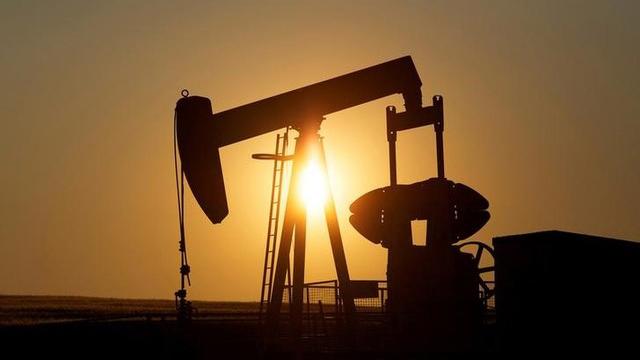Saudi Arabia makes oil power play
Saudi Arabia removed energy minister Khalid al-Falih, replacing him with Prince Abdulaziz bin Salman, the son of the king and half-brother of the crown prince.
Prince Abdulaziz bin Salman's appointment to energy minister, which broke House of Saud tradition of having someone outside the royal family in charge of the oil industry, further consolidates power around Crown Prince Mohammed bin Salman as he attempts to ramp up his Vision 2030 plan.
"MbS appeared to have his wings clipped following the murder of journalist Jamal Khashoggi at the Saudi consulate in Istanbul last year," Jason Turvey, senior emerging markets economist at the London-based Capital Economics, wrote in a note sent out to clients on Monday. "But MbS has returned to the fore in the past few months."
Al-Falih's removal comes as the kingdom has had trouble engineering a rise in oil prices, which may be needed to help the state-run oil giant Saudi Aramco achieve a $2 trillion valuation.
"The change at the helm of the Energy Ministry holds the potential to focus on further supporting oil prices, in line with budgetary or domestic purposes," Jean-Michael Sallba, Bank of America Merrill Lynch MENA economist/strategist, wrote from London.
Speaking at an energy conference in Abu Dhabi on Monday, Prince Abdulaziz bin Salman said, "Cutting output will benefit all members of OPEC.”
The price of Brent crude surged on the comments and was trading near $62.75 a barrel, well below the $80 a barrel that the kingdom based this year's budget on.
CLICK HERE TO GET THE FOX BUSINESS APP
An Aramco IPO, which at one point was expected to value the company at $2 trillion and raise $100 billion, would help the kingdom raise the money it needs to upgrade its military and deliver on Crown Prince Mohammed Bin Salman's social agenda.
Vision 2030, which the crown prince unveiled in April 2016, aims to develop public-service sectors such as health, education, infrastructure, recreation and tourism, and to steer the Saudi economy away from its dependence on oil and gas, which currently accounts for about half of its gross domestic product.
"Worryingly, the government's attention appears to have shifted away from the deep structural reforms to the business environment and the labour market that are needed to overhaul the Saudi economy and reduce its reliance on oil," Turvey concluded.




















